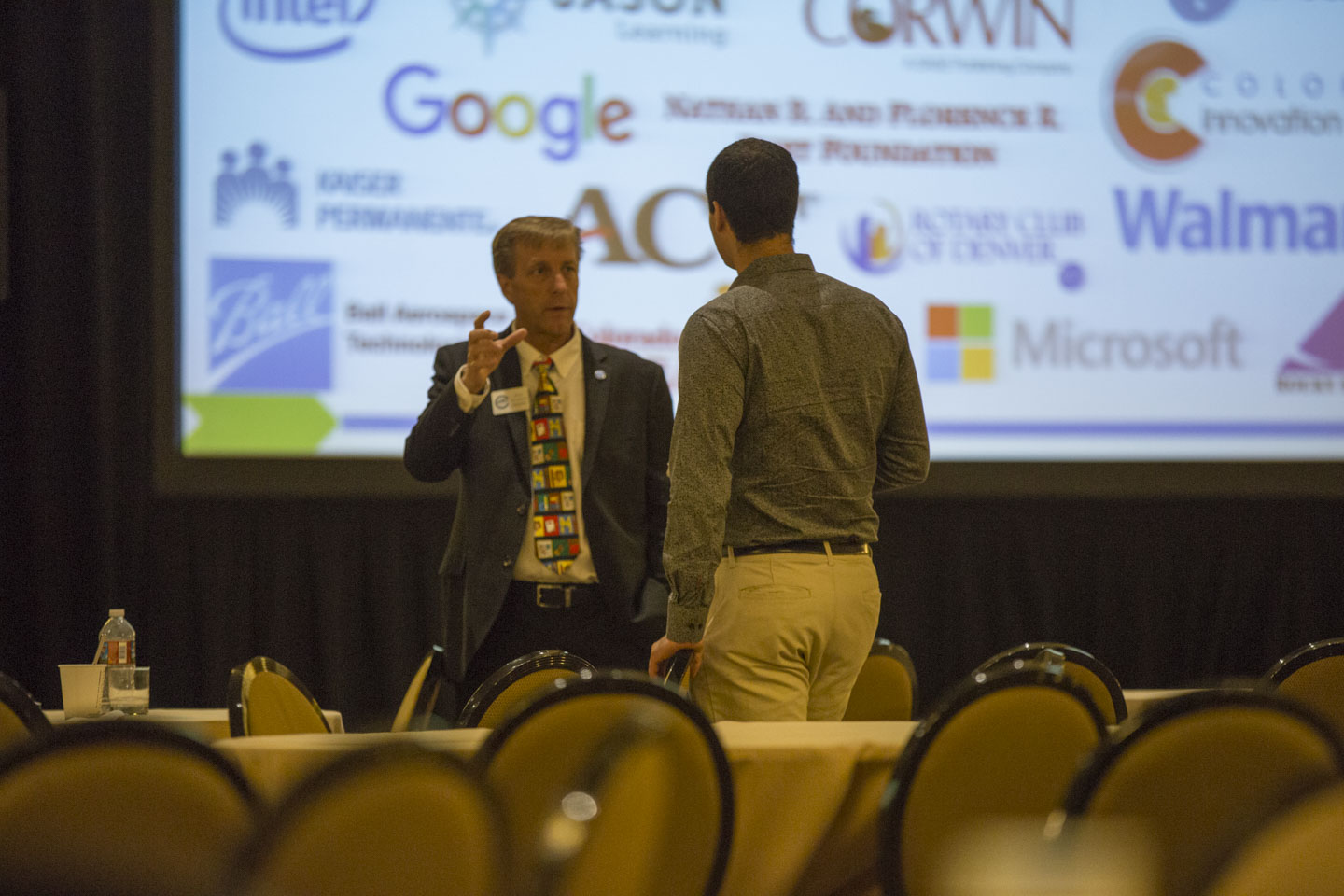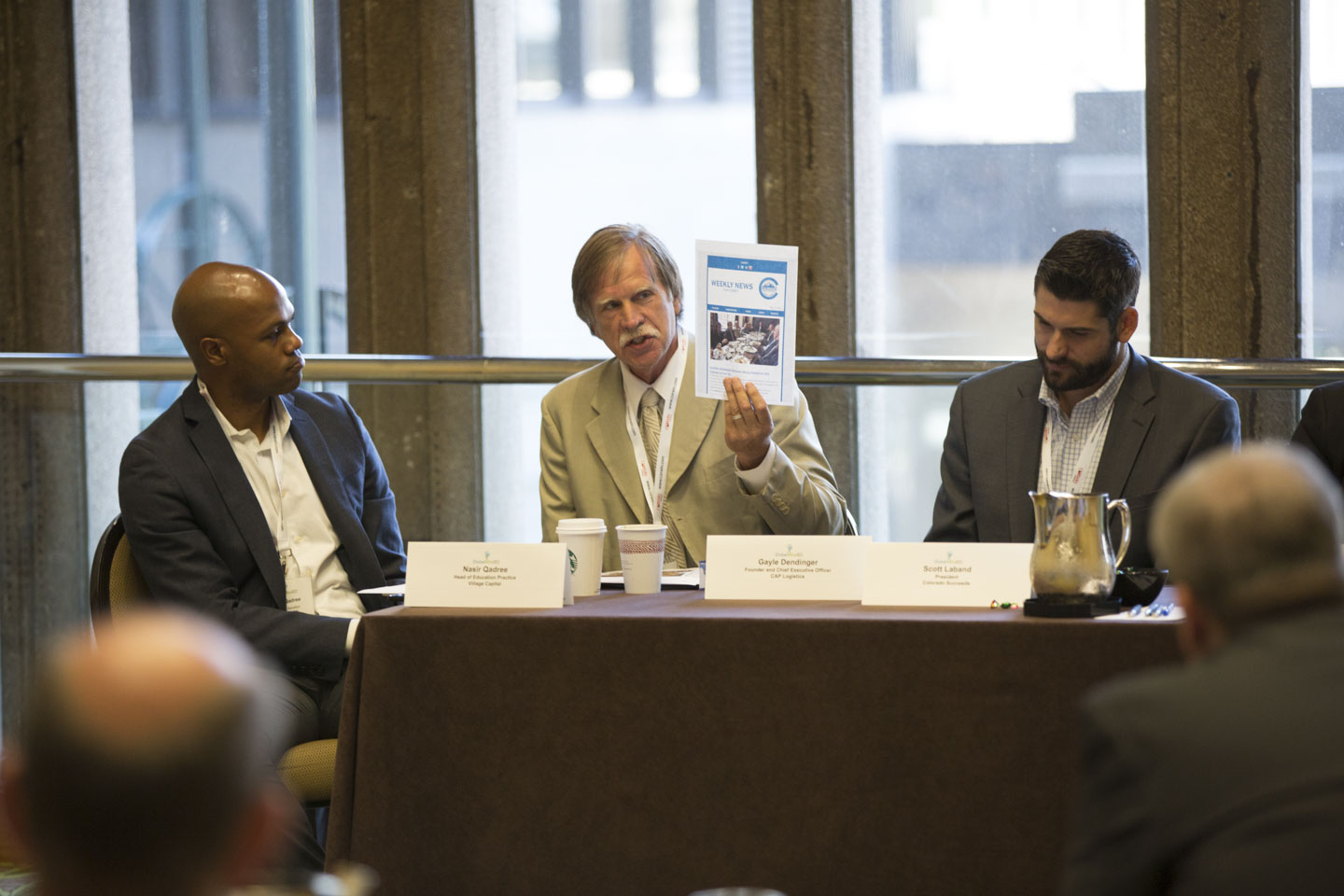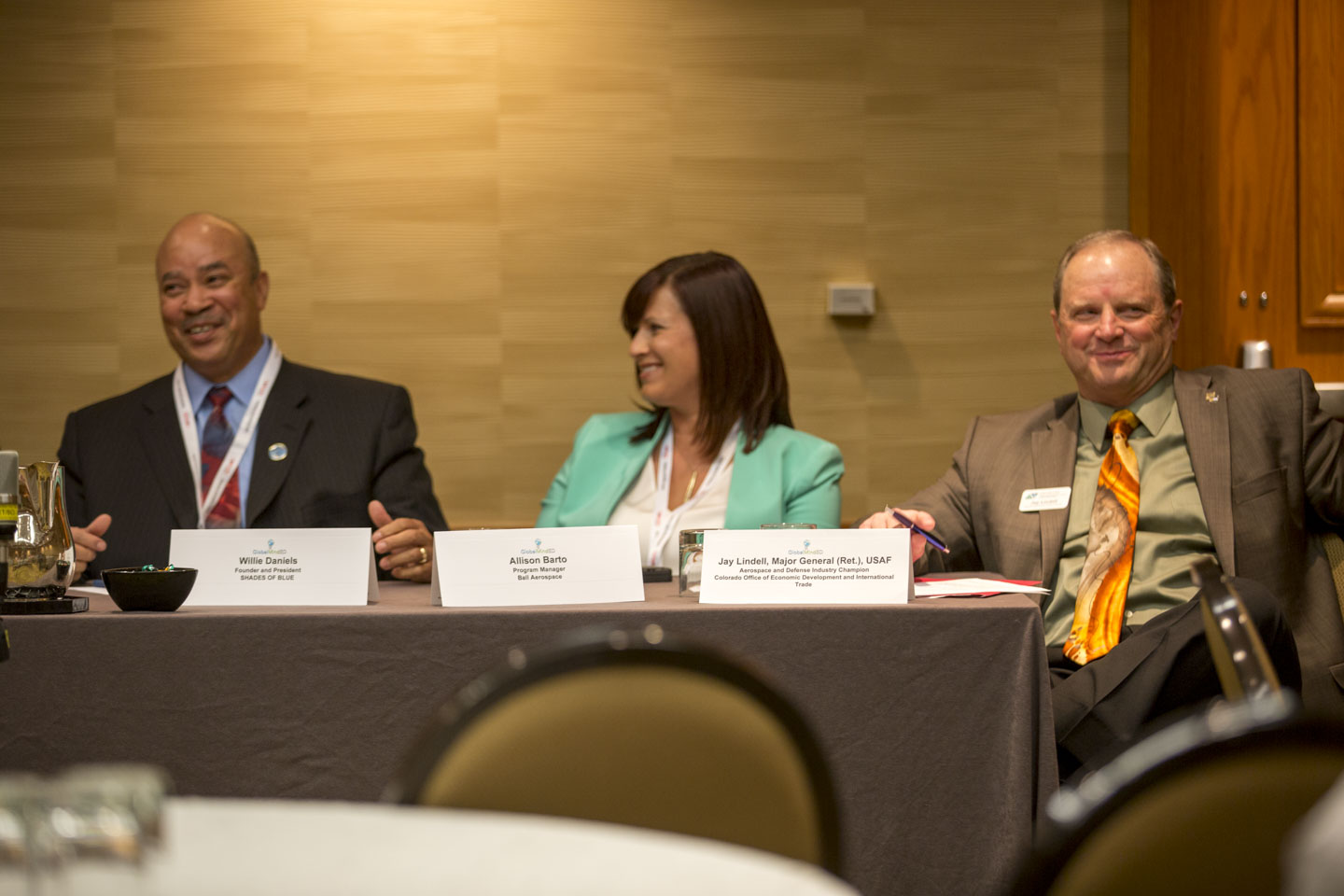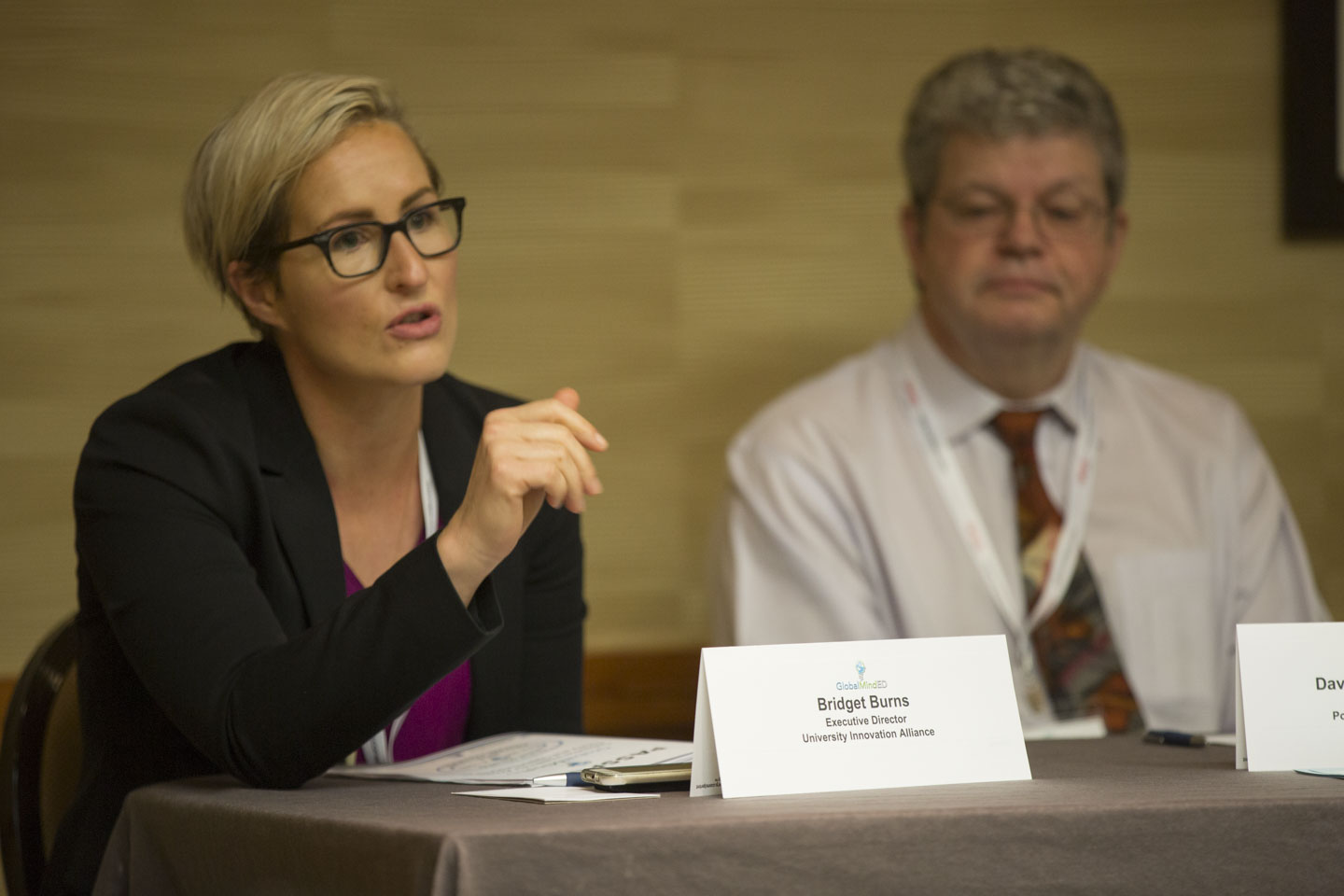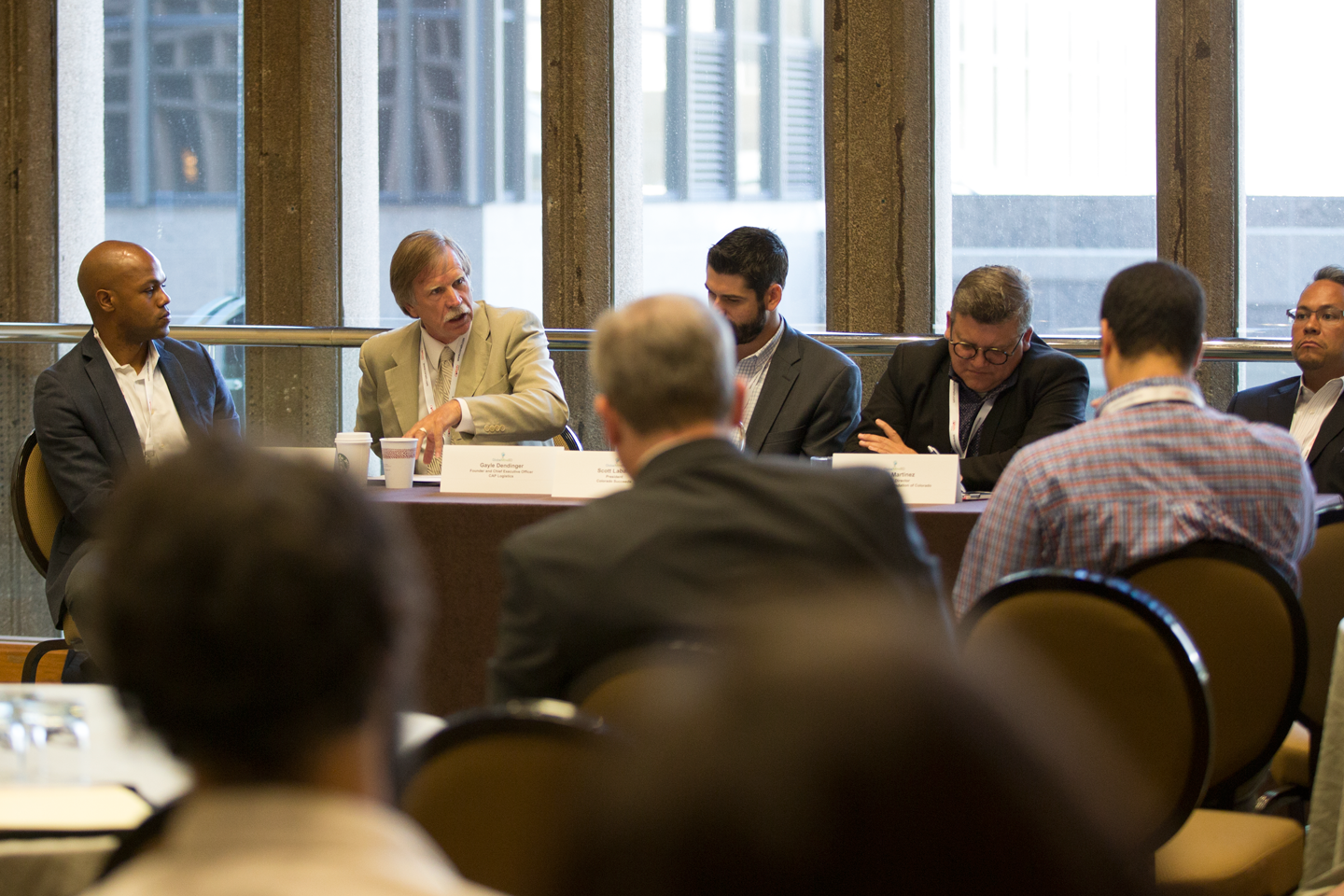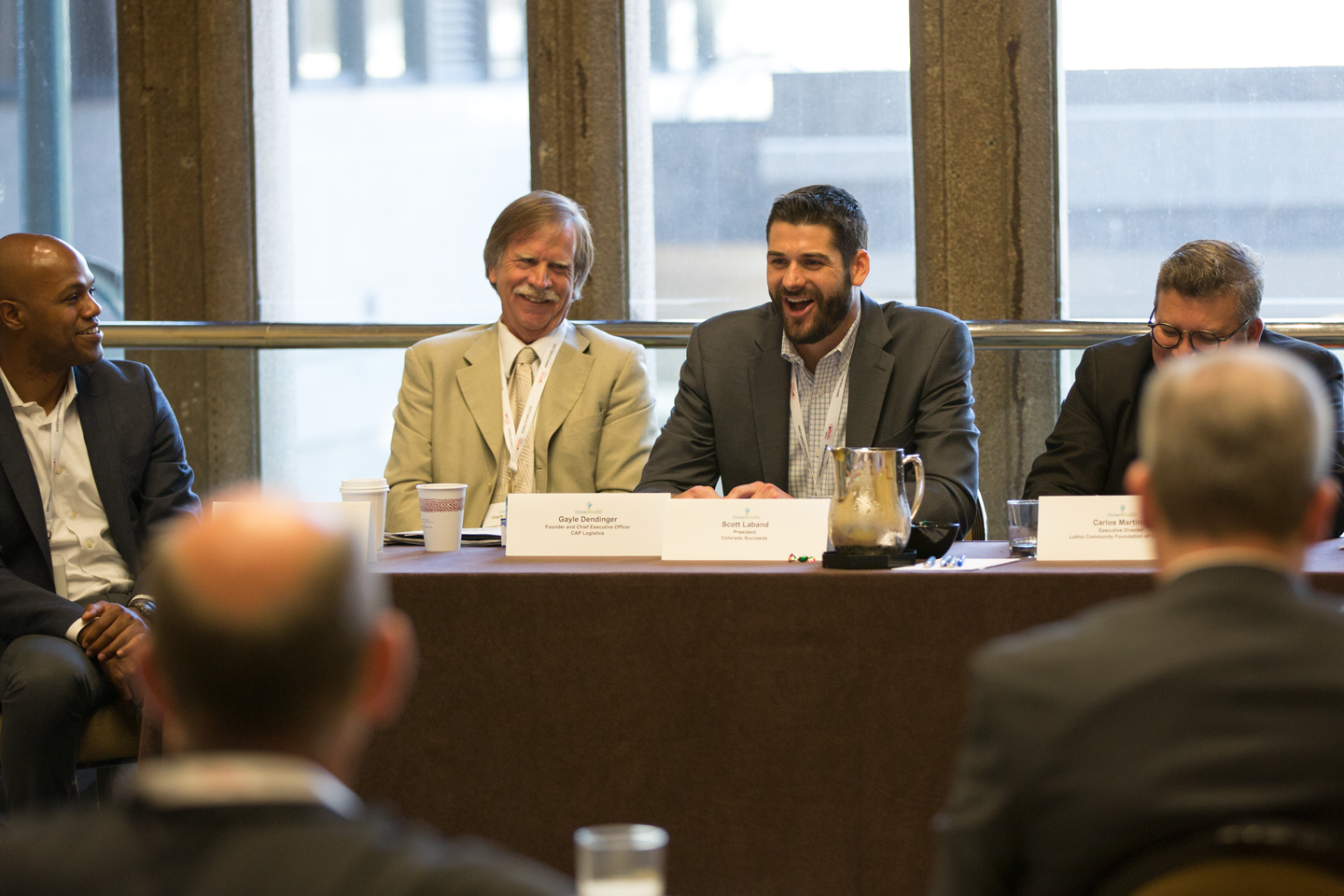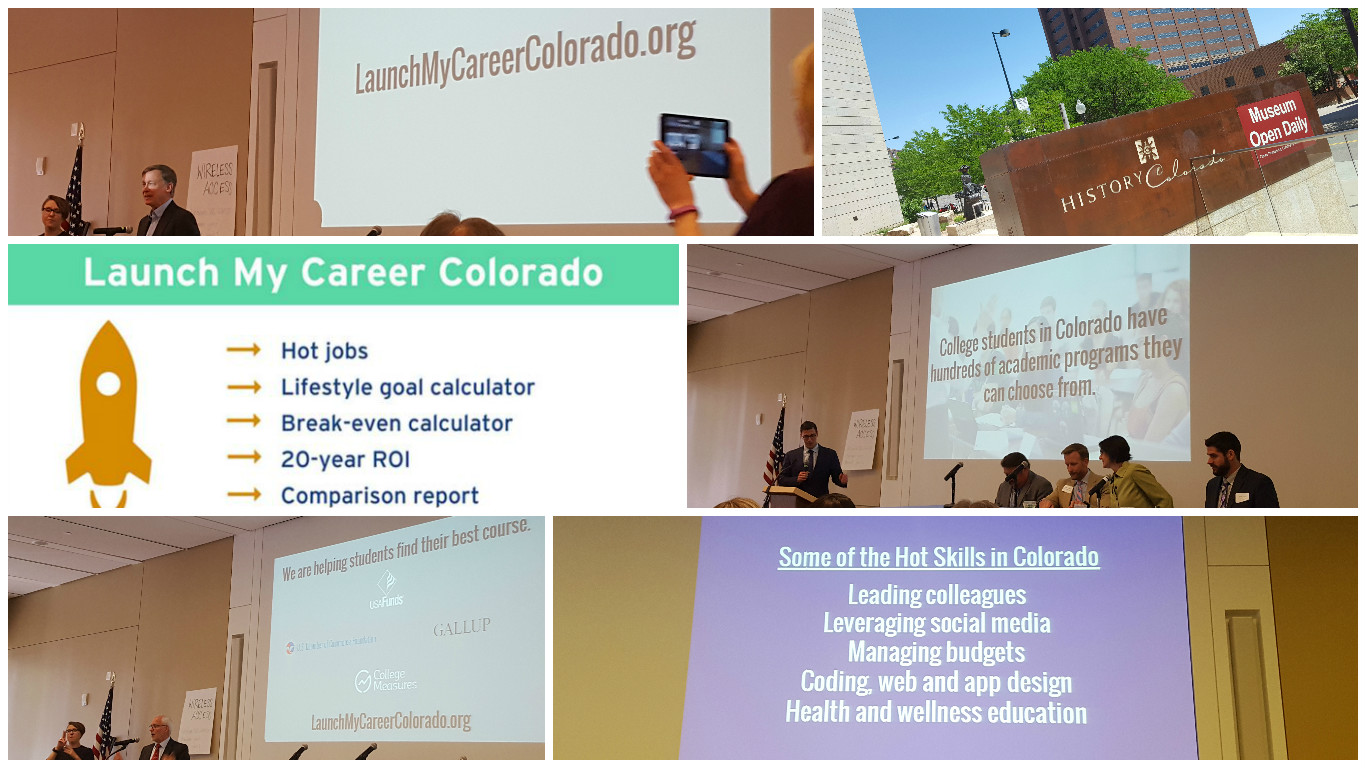Ron arrived for his last day of work as usual, before anyone else was in the office. He tried to ignore the knot in his stomach as he turned on his computer and prepared for his first conference call of the day. Ron had risen through the ranks of his international consumer products company, stayed current in his field, become a manager, and participated in many projects that had been very profitable for the company.
It made Ron physically ill to think about this being his last day at work. True, he was past retirement age and was fully vested in his retirement program. True, he was no longer striving for promotions. Yet he still had plenty to offer. Unfortunately, the company didn’t see it that way. Ron wanted to keep working, but dial back his hours. But the company’s philosophy was ‘‘all or nothing’’ — you are either fully engaged or you are not employed here. The truth was, Ron was being pushed out and he didn’t like it. ‘‘I’ll show them,’’ he thought to himself. ‘‘I’ll take my knowhow and my business relationships with me tonight when I leave. To heck with them.’’ Yet no matter how much indignation Ron tried to muster, he still had that knot in his stomach. He didn’t want to leave.
We all know a “Ron.” The 78 million Baby Boomers born between 1946 and 1964 in the U.S. have challenged us as a society for over sixty years. We built new schools to educate them, new suburbs to house them, and new industries and jobs to challenge them. Women’s widespread entry into professional positions is a Baby Boomer phenomenon, as are 401(k) retirement accounts, credit card debt, dissolution of the nuclear family, and increasing reliance on science and technology for a better and longer life.
Baby Boomers in the U.S. are currently between the ages of 47 and 65. The sheer size of the generation is going to place tremendous strains on Social Security and Medicare, and the reliability of 401(k) accounts for retirement is questionable, at best. In addition, with life expectancies in the 80s, it is unreasonable to assume that any pension plan could affordably support this large population for 20-30 years of retirement. Finally, Boomers are not very good savers. They cannot afford to retire. Baby Boomers have changed many things about life in the U.S. since their births, and they are not finished.
According to the Bureau of Labor Statistics, about 10 percent of the labor force was age 55 or older in 2000. By 2015, 20 percent will be 55 or older. And a recent survey by the Transamerica Center for Retirement Studies found that 39 percent of respondents plan to retire after age 70 or not at all. How do we productively engage the aging workforce in work now, and how do we craft careers for younger employees that will serve them well through all stages of their adult lives?
The Aging Advantage
Contrary to common beliefs, older employees are not stubborn, rigid, low performing liabilities. Numerous researchers find older workers to be more engaged, more loyal, less likely to quit, less likely to be absent voluntarily, more willing to work hard, and just as adaptable when given the opportunity, compared to their younger colleagues.
This is especially true for jobs in which the physical requirements of work are not a limiting factor. Older employees are better qualified, more interested in accomplishment, more interested in doing meaningful work, more motivated by autonomy and flexibility and less interested in promotions than their younger co-workers. Older employees hunger for an opportunity to make a difference, to bring their years of experience to bear and help others. They want to make a contribution and be respected for their wisdom and expertise.
Sustainable Careers
It is not the strongest species that survive, nor the most intelligent, but the ones most responsive to change.” – Charles Darwin
Sustainability implies preserving and enhancing human capital rather than depleting it. It implies restoring and maintaining balance. To be sustainable throughout life, careers must have three features. They must include renewal opportunities, times when employees paus briefly to reinvigorate themselves. They must be flexible and adaptable. Half of what we think we know now will be obsolete in a few years. Individuals and firms need to be continuous and flexible learners, ready to travel new roads as conditions dictate. Finally, sustainable careers must include opportunities for integration across life spheres and experiences that lead to wholeness, completeness, and meaning. Let’s look at each of these in more depth.
Renewability
Renewability implies replenishment in a reasonable amount of time. It implies the ability refresh, to extend, and to be available indefinitely. The renewability feature of careers prevents burnout, akin to allowing time for muscles to recover after a rigorous workout. Renewable career practices provide periods of time for consolidation, reflection, rethinking and retooling. The case of Nancy Tuor of CH2MHill is an example.
Nancy was the project executive for CH2MHill charged with cleaning up a highly complex hazardous waste site that was littered with radioactive waste. She and her team completed the estimated 60-year job in less than 10 years at a cost of one-fifth the original estimate. The project was a quintessential high visibility, high stakes, fast moving and extremely successful experience in her career.
After completing the project, her career trajectory took her to a less visible, less turbulent assignment as vice-chair in which she developed future revenue streams through project proposals. She was not stagnated or plateaued, as might happen in another firm. She was investing in the future. After her time as vice-chair she went back into another high visibility job as the company’s project executive for building a carbon neutral city in the Middle East.
Nancy’s story is not unique in engineering firms, yet it is also not common. Too often we move ourselves (or our employees) rapidly from place to place, assignment to assignment. A lull in the action is an indication of a problem, not an opportunity. Not so at CH2MHILL. While the firm certainly keeps its billable hours at a reasonable level, it also has a practice of asking people to contribute from time to time in a different, less turbulent, less visible role, as Nancy did. The company benefits, as do its employees.
Flexibility
Flexibility means being easily shaped and reshaped, adaptable, agile and capable of change. Flexibility implies range of movement, elasticity, and the ability to bend without breaking. Flexibility produces resiliency and confidence, two key components of positive psychology. Careers of the future must be flexible and adaptable, characterized by continuous learning both in response to change and in anticipation of change. We know things will not be the same next year as they were previously, but we do not know how they will be different. At Intel and many other technology-based companies, the majority of profits in any one year are from products that did not exist two years previously. Continuous learning is akin to tennis players always keeping their feet moving. The best players may not know where the ball will be, but being in motion helps them get to the ball more quickly.
Daniel started his career in the financial services industry, working in operations – the backroom activities that keep the system working. It was not a job that led to trading or investment banking or wealth management, yet these were the types of jobs Daniel wanted. He continued his education, learned the fundamentals of investing, and achieved professional certifications necessary for advancement in investment analysis and wealth management. He made himself available for task forces and special projects that gave him visibility among investment professionals; he learned everything he could about the business on the job; and he found a mentor who straddles his world (operations) and the other functions in the firm to which Daniel aspired.
After several years in operations, Daniel was asked to lead a project team that gave him great visibility among investment associates. When the project was completed, he was asked to manage the new activity – located in the investment management part of the firm. He is now a managing director in a prestigious investment bank.
Daniels’s case illustrates on person’s tenacity and flexibility. Even better are examples of employers who have flexible, on-demand talent management strategies so that many “Daniels” can develop simultaneously. These firms are likely to be young and doing business in rapidly changing fields, firms such as Google, Zappos, and Apple. Their flexibility and adaptability are part of the reason for their success- being able to deploy the right talent at the right time on the right task. And these firms attract talent that is excited about flexibility and not worried about a lack of fixed career paths.
Integration
Integration implies completeness, wholeness, consistency between values and actions, and connectedness. From integration comes meaning. Older adults seek meaning in their lives. They are asking the question, “Have I lived a meaningful life?” and “How can I make a positive difference in the time I have left?”
Older adults have perspective, see connections and draw conclusions from the disparate bits of information more readily than younger adults. They see patterns and networks younger workers often do not see.
Imagine engaging experiences employees as one company did.
Sam, a long time employee at a mid-sized international engineering firm, had become marginally productive and difficult to work with. He was isolated at work, both physically and interpersonally. At 65 years old, he was as sharp as ever mentally, showed no signs of wanting to retire, but had lost his ability and willingness to work effectively with others. As a result, he was given tasks that reinforced his isolation and that were not at the cutting edge of the business. His new supervisor, Tony, realized that Sam’s talents were wasted in his current job. Taking advantage of Sam’s years of experience and solid customer relationships, Tony created a Customer Quality Assurance role for Sam, representing projects holistically to the customer rather than contributing as one of the project engineers.
Because of his years of experience, Sam is able to evaluate project quality and integration as a whole and able to be the go-between with customers. Tony also moved Sam to the front of the office area in a prominent and visible space. He paid attention to him. He honored Sam’s experience. He supported Sam’s job activities. Sam completely turned around his performance. Where previously Sam was a troubled, even dysfunctional employee, he is now highly valued and respected by his peers and contributing to his company’s bottom line.
This is an example of adding integration opportunities to talent management practices. Not everyone can be a “Sam,” but how many “Sams” are pushed prematurely out the door with a gold watch, or relegated to trivial work at the margin of the company? Sustainable careers engage the “Sams” of the world in ways that are appropriate to their stage in life, building on and using their need for integration.
The Business Case for Sustainable Careers
The aging Baby Boomer Generation presents an opportunity to reinvent personal and organization career strategies. For 40 years, society has made only incremental changes around the edges of traditional career practices in response to more women in the workplace, advances in information technology, and the rise of knowledge-based work. Vestiges of old assumptions remain – employment policies that punish or prohibit flexible work; promotion patterns that punish child-bearing and child-rearing; job descriptions that require face-to- face work when not necessary; and retirement plans that push people out the door based on age rather than engagement and value.
The time for change is long overdue. As has happened so often in the last 40 years, it may be the large Baby Boomer Generation that triggers significant and lasting change in the way society engages people in work throughout life. Sustainable careers can help companies in at least five ways.
Knowledge Management
Knowledge retention and knowledge transfer, huge issues now for companies, can be enhanced with continued engagement of more experienced people who have stayed current, who have not burned out, and who possess unique knowledge. As work in the U.S. becomes more knowledge-based, the need to manage knowledge will increase.



